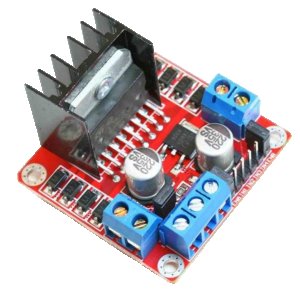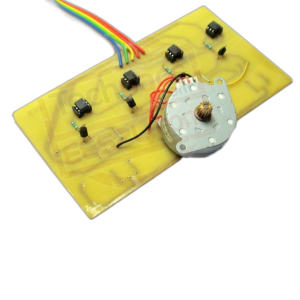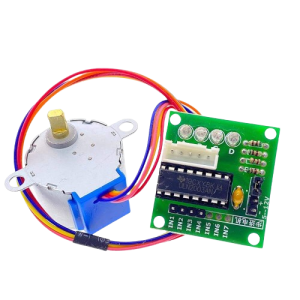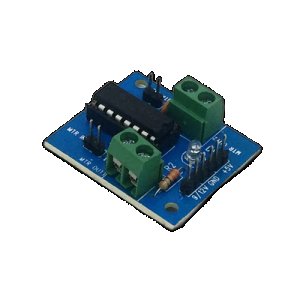Description of DC Series Motor Drive Module
Quick Overview
The DC Series Motor Drive module is an electronic device specifically designed to control the speed, direction, and torque of DC series motors. It is widely used in robotics, automation, and various industrial applications where precise control of DC motors is required.
How It Works
This module accepts control signals from a microcontroller or other controlling devices and converts them into the appropriate voltage and current levels required to drive a DC series motor. Pulse Width Modulation (PWM) is commonly used to regulate the speed, while direction control is achieved through H-bridge circuitry built into the module. For series motors, both the armature and the field windings are connected in series, which allows for high torque and speed control.
Technical Specification
- Operating Voltage: DC 6V to 24V
- Maximum Current: Up to 20A
- Control Signal: PWM (Pulse Width Modulation)
- Motor Type: DC Series Motor
- Isolation: Optional opto-isolation between control and motor circuits
- Feedback: Optional encoder or tachometer input for speed feedback
Key Features
- Precise speed and direction control through PWM and H-bridge circuitry
- High current capability for driving powerful motors
- Optional opto-isolation for enhanced safety and noise reduction
- Easy interfacing with various control platforms (e.g., Arduino, Raspberry Pi)
- Robust construction suited for industrial applications
Application
- Robotics
- Conveyor Belts
- CNC Machines
- Automated Vehicles
- Electric Vehicles
- Industrial Process Control
Summary
A DC Series Motor Drive Module is an electronic circuit designed to control the speed and direction of a DC series motor. These modules typically use pulse-width modulation (PWM) techniques to vary the motor's voltage and control its rotation. They are commonly used in robotics, automation, and various motion control applications to provide precise and adjustable motor control.
| Shipping Cost |
|
No reviews found!
















































No comments found for this product. Be the first to comment!